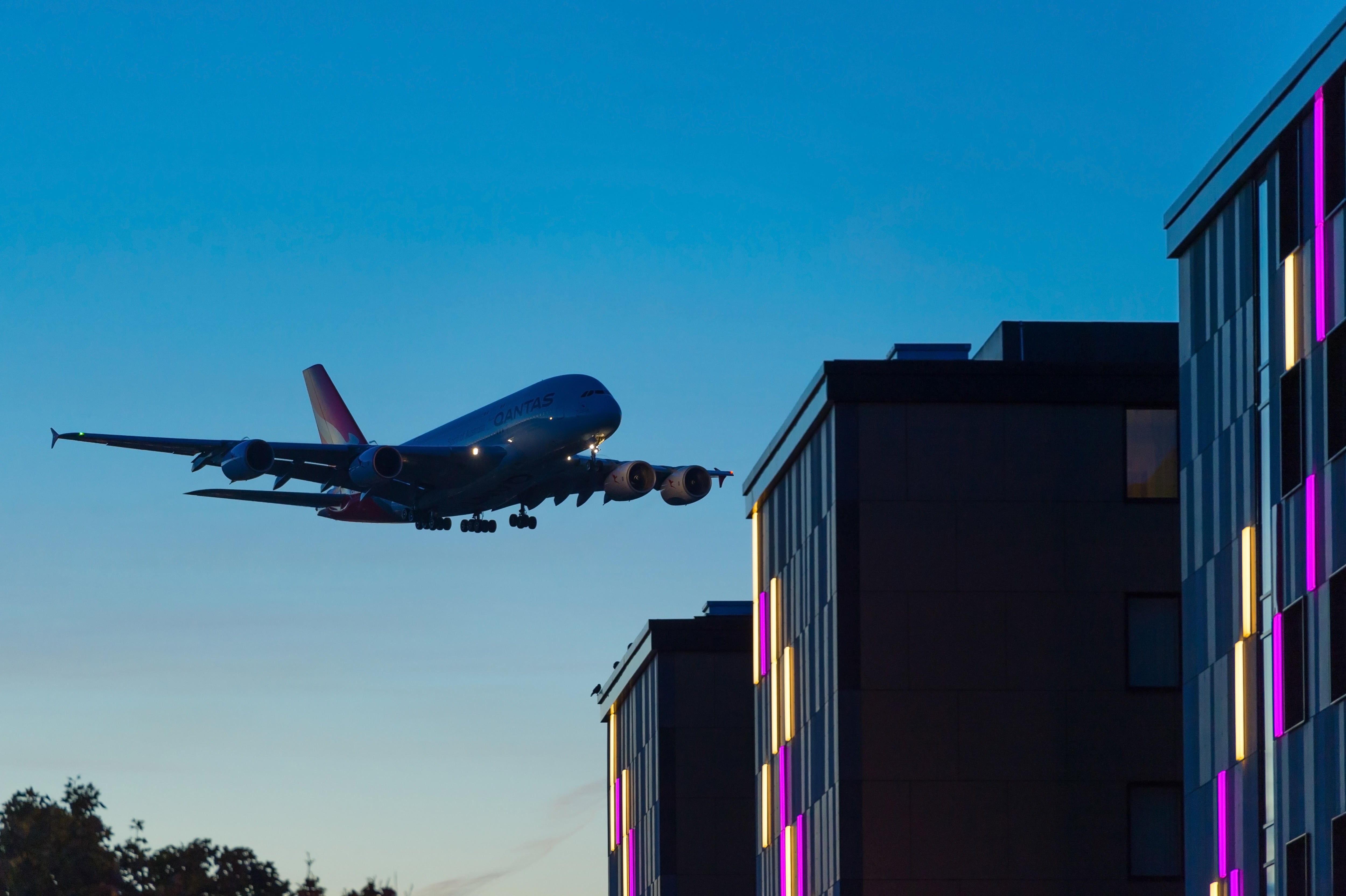Your support helps us to tell the story
From reproductive rights to climate change to Big Tech, The Independent is on the ground when the story is developing. Whether it's investigating the financials of Elon Musk's pro-Trump PAC or producing our latest documentary, 'The A Word', which shines a light on the American women fighting for reproductive rights, we know how important it is to parse out the facts from the messaging.
At such a critical moment in US history, we need reporters on the ground. Your donation allows us to keep sending journalists to speak to both sides of the story.
The Independent is trusted by Americans across the entire political spectrum. And unlike many other quality news outlets, we choose not to lock Americans out of our reporting and analysis with paywalls. We believe quality journalism should be available to everyone, paid for by those who can afford it.
Your support makes all the difference.The cost of flying will increase as fuel prices continue to rise, said Willie Walsh, director general of the International Air Transport Association (Iata).
“Flights are getting more expensive because of the high price of oil and it’s becoming clear to everybody that that will be reflected in higher ticket prices,” Mr Walsh told the BBC Sunday Morning programme on 10 July.
The price of jet fuel is 82 per cent higher than this time a year ago, with costs reflecting similiar increases in the price of oil, according to Iata’s Jet Fuel Price Monitor.
The price rises are the result of a rebound in demand following the Covid-19 pandemic, as well as the war in Ukraine, which has seen Russia, the world’s second largest producer of oil, cut off from global supply chains.
Airlines facing rising fuel prices will have no option but to pass on their increased costs, said Mr Walsh.
“Oil is the single biggest element of an airline’s cost base. Ultimately, it’s inevitable that the high oil prices will be passed through to consumers as higher ticket prices,” he said.
Fuel prices affect other sectors of the travel industry too, with ferry, cruise and ground-based operators also feeling the pinch when oil prices rise.
Some firms are partially protected by “hedging” arrangements – an agreement to buy a certain amount of fuel at a specific price ahead of time. But as a result of the coronavirus pandemic, many companies have opted not to hedge because of the costs involved in this form of financial insurance. They are now seeing the cost of providing their promised service rise significantly higher than before.
Add in the longer routings that some airlines are having to fly to avoid Russian airspace, and the economics of travel have changed substantially.
Anna Hughes, director of the campaigning organisation Flight Free UK commented: “Air travel is already criminally cheap, mainly because there is no tax on aviation fuel. The aviation industry has got away with not paying its fair share for decades, so this price rise means that flights might finally start to reflect their environmental cost.
“And if it leads to a change in consumer behaviour, then so much the better, as customers realise that low-carbon alternatives are better for their pockets as well as for the planet.”
The Independent has approached British Airways, easyJet and Ryanair for comment.

Join our commenting forum
Join thought-provoking conversations, follow other Independent readers and see their replies
Comments